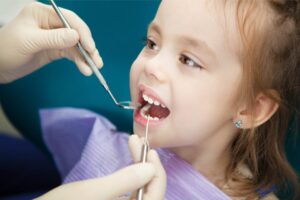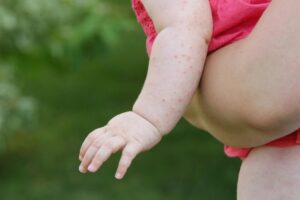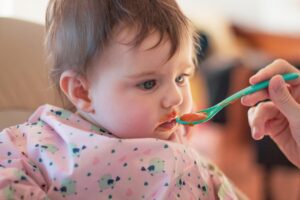Pediatrics
Allergology, Pediatrics
A study suggests that the effects of dietary interventions during pregnancy are mediated by different factors, including the infant airway microbiota.
Dentistry, Pediatrics
Researchers have identified oral bacterial species that are elevated in children before they develop dental caries.
Infectiology, Pediatrics
A study in mice shows that part of maternal milk’s protective effects comes from the bacteria that reside in the mother’s gut.
Infectiology, Pediatrics
Gut bacteria could be responsible for a life-threatening disease called necrotizing enterocolitis, which occurs mainly in premature babies.
Allergology, Pediatrics
The composition of the airway microbiota in early life could predispose to the development of asthma later in childhood, according to a new study.
Immunology, Pediatrics
Early-life exposure to defined microbial communities triggers the development of specific immune cells and influences the abundance of these cells in the skin.
Gynecology, Pediatrics
Antibiotics given to mothers during childbirth could alter the infants’ gut microbiota, a new study published in Scientific Reports finds.
Allergology, Pediatrics
A microbial compound could increase the risk of asthma in children. A study identified the mechanisms that link the microbiota to allergies.
Allergology, Pediatrics
Rates of food allergy in children are spiking and it’s not certain why this increase in prevalence has occurred. The gut microbiome could play a role.
Endocrinology, Pediatrics
The infant gut microbiota may have the potential to help identify children at risk for obesity. These are the conclusions of a study published in mBio.











